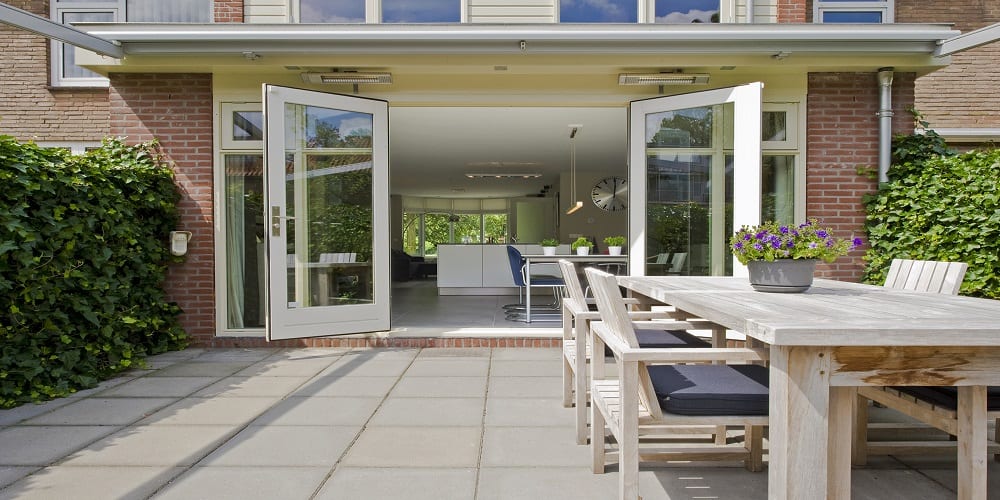Are you planning to expand your living space with an extension? Maybe you just want more living space or family expansion is a reason. Get an extension built and quickly create more living space. Who doesn’t want that.
The cost of an extension
Before you have an extension built, you need to make a number of choices in terms of material and style, with the difference in style being in the gable layout and the type of bricks used. As a result, the look is different with each option. Different styles include:
- standard
- classic – rural look
- modern – outdoor living with the comforts of indoors
In the overview below, you will find the different options including prices for the most commonly chosen extension (5 metres wide, 3 metres deep).
| Prefab (ready-made) | Customised | |
|---|---|---|
| Standard | £ 16.000 – £20,000 | £19,000 – £23,000 |
| Classical/modern | £18,000 – £22,000 | £21,000 – £25.000 |
Find the best specialist for your project and get free quotations.
Start
Do you want more price information about making an extension? Go to: cost of building an extension.
Prefab or bespoke?
It’s important to think about the type of extension you want to have made, but also whether you need bespoke work or whether you’re having a standard extension installed. With a prefabricated one, the extension is already made in the factory. After this, the extension only needs to be attached to the house and you will have less mess and noise pollution for a shorter time. Customisation takes more time to install because the construction of the extension takes place on site. However, this does give you the chance to make an extension that meets all your requirements, think of the dimensions, but also of the material used. Take into account extra costs for plastering, heating and electricity, for example. The back, on the other hand, is permit-free for an extension up to 4 metres. However, this does come with some requirements. For example, the yard may not be more than 50% built up, there must be at least 1 metre between the extension and the public area and the extension may not extend above the front part of the house. Houses that are listed must apply for planning permission for any conversion. Requesting planning permission can take 12 to 18 weeks.

Tips for making an extension
1. Be detailed
Invest time in thinking out your project pays off. If you offer a detailed description to specialists, the quotes will be much more specific and easier to compare. Make choices for layout, materials, finishes, heating etc.
2. Permit-free construction
If you are having the extension built at the back of your house, it can usually be done permit-free. This will save you time and money. So it is wise to think carefully about the location of the extension.
3. Is concrete and stone necessary?
Check whether a stone and concrete extension is really necessary for your house. For many houses, a framework of wooden beams is sufficient. This results in substantial savings.
4. For the do-it-yourselfer
Are you a handy do-it-yourselfer and don’t mind rolling up your sleeves? Then choose a shell construction. This will deliver the extension watertight and including doors and windows, but all other finishing touches, such as plastering and carpentry, are up to you.
5. Choose an alternative
A conservatory is an affordable alternative to an extension. Extension prices are often thousands of euros higher than those of a conservatory. A basic conservatory is available from as little as £ 7,000.
Advantages of making an extension
- Doing an extension adds value to your home.
- You decide what your extension will look like.
- Is a larger home financially unattainable? Have an extension built and enlarge your home in an economical way.
- You easily create more living space.
Find the best specialist for your project and get free quotes.
Start